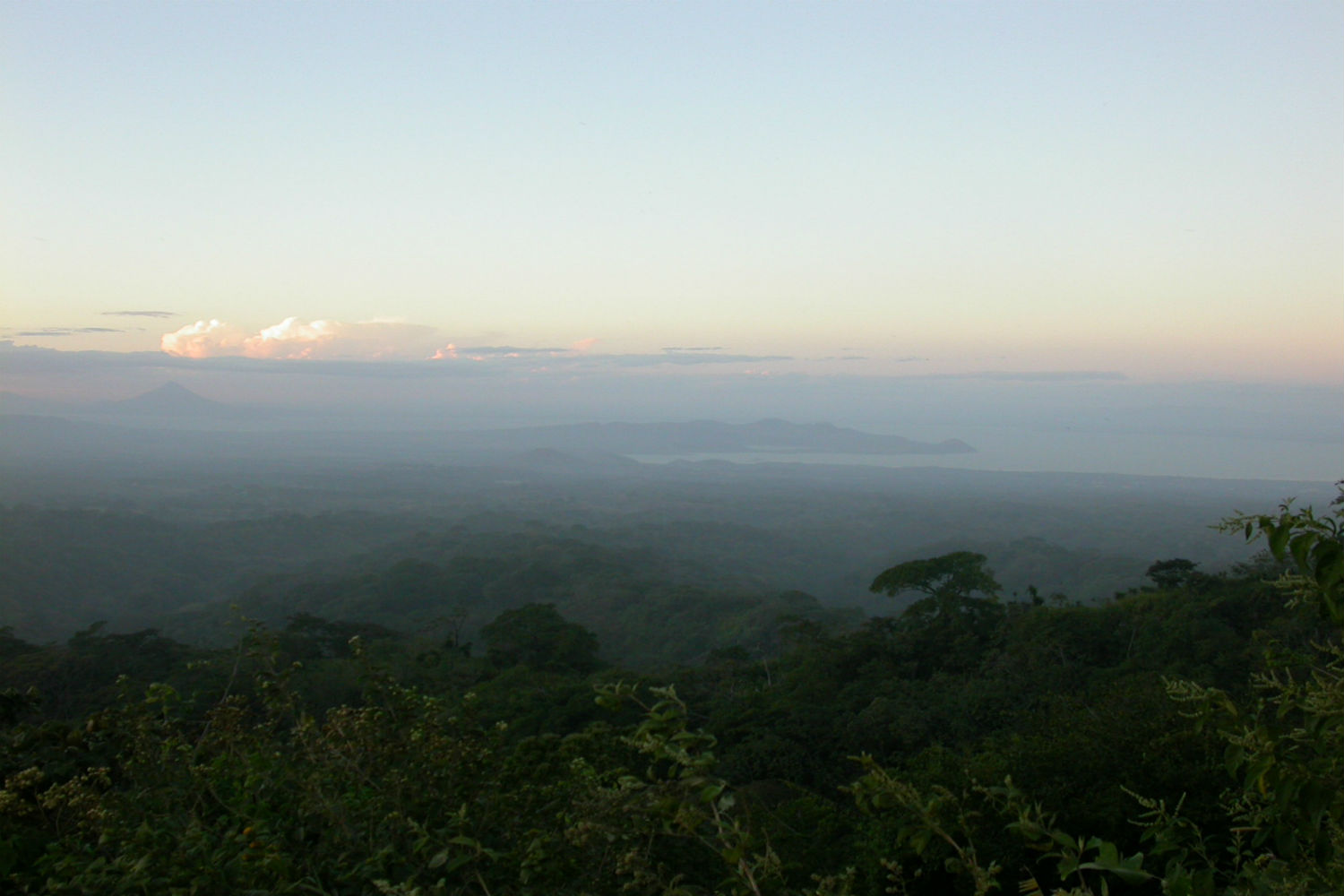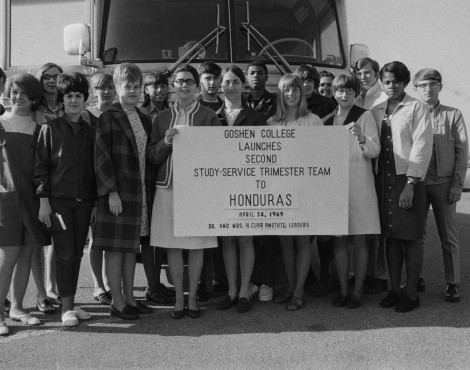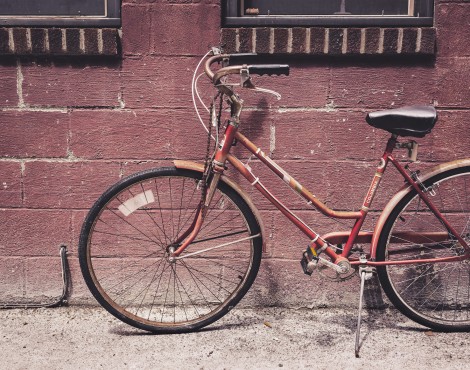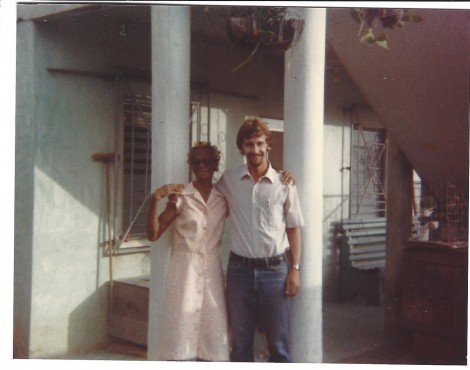As I watched the microbus pull away, I felt the sinking feeling in my stomach again. This was a feeling totally new to me, and not easy to define. It bordered on the lines of terror, curiosity, and helplessness. Throughout my time of study I had briefly greeted this feeling, but now it had decided to skip the gut and go straight for the chest. The pressure was rising into my throat and I was on the verge of tears. But I held it together; trusting that these strangers I just met will take care of me. Either way I didn’t have a phone or computer or any way to escape even if I wanted to since I had no idea where I was or where I was about to go. So I followed them blindly, surrendering to my fear and helplessness.
We passed by my host mom’s daughter’s house in El Crucero before heading to the rural community where I would be living for the next six weeks, called Santa Julia. As I tried to catch bits and pieces of rapid campo Spanish, I discovered they were trying to decide how to transport my gigantic gringo-sized suitcase. Finally I saw my host dad, a flaco, offbeat war veteran nicknamed “El Zorro” (“the fox”), zip up on his motorcycle as my host brother propped my suitcase on the back and hopped on as well, sandwiching the suitcase between them. That wasn’t even the best part. An older gentlemen on a horse trotted by and hoisted my barrel of purified water behind him, continuing down the path like this was perfectly normal.
Looking back, I see this was a humorous insight into Nica culture lesson No. 1: Strangers will go out of their way to make sure you get where you need to go. And without much thought or planning, things always seem to fall into place. This insight continued to ring true my first day in the campo as my host mother, Lola, and I started the trek on foot to Santa Julia.
Nica culture lesson No. 2: A Nicaraguan’s sense of “close-by” is much further than my concept of “close-by.” Our Nicaraguan SST leader had told me the walk to Santa Julia was an easy 20 minutes. After what seemed like hours of walking a rough and bumpy dirt road, I decided not to look at my watch anymore. Luckily the way there was downhill, I didn’t even want to imagine the walk back up, let alone the fact that people had to walk this road every day just to get to school or work.
Rain clouds were looming closer and just as raindrops began forming we came upon a house, which I assumed was ours. It was actually the house of the president of the women’s cooperative, even though I didn’t know that at the time. Just as we crossed the threshold, an intense downpour began pattering on the tin roof. It was as if my Nicaraguan mother, God and the Universe were communicating to me: “See, Kelsey? Everything’s just fine. Trust me. Just be.”
Even after a hectic morning and a walk that lasted much longer than I expected, we had arrived at a place of shelter just in time. Even though it wasn’t our final destination, I decided to embrace and accept the moment for what it was and know that it’s exactly where I’m supposed to be. Which I came to realize was the most important Nica lesson of all: Be present in this very moment and be grateful.
As I rested in a hammock, drifting in and out, listening to the rain and the soft murmur of conversation, I felt a deep sense of peace. Despite my discomforts, unmet expectations, helplessness, and fear, I had an overriding sense of gratitude, wonder, and belonging. Juggling those two contrasting feelings ended up being the very reason I came back to this place.
Many people who do SST make a promise to come back some day, but few complete it. Whether it was fate or luck, I ended up back in Nicaragua just over a year later. And this time for a two-year volunteer position. So what brought me back? I guess it was partly the people, partly the culture, the language, the beauty of this country … but mostly the curiosity to know what it’s like to live on the border of peace and discomfort. I’m terrified yet unbelievably grateful that I can no longer live a carefree, comfortable life.
And now as I prepare to depart from Nicaragua again, I have a few more promises to make. I promise to luchar por justicia. I promise to live more simply and more sustainably. I promise to walk alongside the poor, the oppressed, the powerless. I promise to question the policies my government makes in Latin America. I promise to question my own prejudices and privileges. I promise to find Jesus living among us right here and now.
Even though physically I may not be present in Nicaragua, Nicaragua will help me be present wherever I am. So to all of those who shared your stories and let me accompany you along the way, gracias mil veces. I can assure you, I’ll never be the same.
 Kelsey graduated from Goshen in 2013 where she studied social work and Spanish. She is currently finishing up a two-year volunteer term at the Cultural Center of Batahola Norte in Managua, Nicaragua.
Kelsey graduated from Goshen in 2013 where she studied social work and Spanish. She is currently finishing up a two-year volunteer term at the Cultural Center of Batahola Norte in Managua, Nicaragua.



